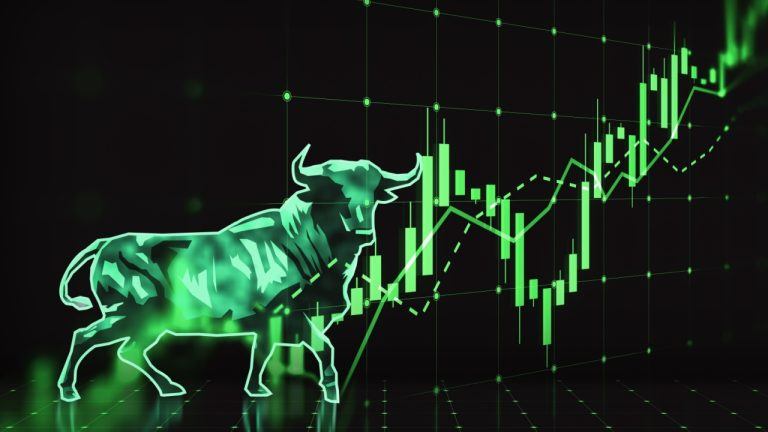Troy Miller here, taking you down the rabbit hole of Election Day betting on Polymarket, where democracy meets digital dollars and data is the name of the game.
For those who haven’t taken a stroll through the rough-and-tumble landscape of decentralized prediction markets, Polymarket is one of the few spaces where real money meets real-time data. And on Election Day, this marketplace is a frenzy of hot takes, data points, and—let’s face it—a fair dose of wishful thinking.
Why Bet on Elections? (Because We’re All Junkies for the Drama)Polymarket appeals to a certain type of financial gambler—the data-driven, tech-savvy individual who lives for speculating on high-stakes events. And de-gen crypto traders, obviously. On Election Day, it’s a convergence of big data, partisan hopes, and relentless analysis. Polls might be inaccurate, pundits might bluster, but Polymarket? It lets you put your money where your mouth is. Want to bet on that swing state going red or blue? There’s a market for that.
Here’s why people get into it. Markets like Polymarket aren’t just about winning a few bucks; they’re treated like a test of predictive power. People don’t just bet; they analyze, argue, double down. And for Election Day, that means scrolling through live polls, economic indicators, and conspiracy theories. Everyone’s got a system, and by noon, they’re riding the adrenaline-fueled highs of the “inside info” they got from that obscure data source.
Right now, Trump is the clear favorite, and he’s increasing his lead.
Source: Polymarket
The Inner Workings of Polymarket: Betting on the Future or Building It?Prediction markets like Polymarket have more going for them than just potential profits. They claim to harness the wisdom of the crowd to predict outcomes, theoretically offering a better read than your average political talking head. And here’s the kicker—Polymarket might actually be on to something. Studies suggest prediction markets, when properly run, are surprisingly accurate. Why? Because people tend to make smarter bets when they have cash on the line. No one’s just “hope betting” here.
Then there’s the whole blockchain thing. Polymarket uses crypto, which makes it a little different from, say, Vegas odds. It’s decentralized, which means no one (theoretically) can control the outcomes. But let’s be real; it’s not perfect. With DeFi regulations being hazy at best, Polymarket exists in a quasi-legal grey zone, especially in the U.S., where traditional betting on political outcomes is still largely banned.
If Trump wins today, expect a Bitcoin all-time high this year.
Source: Polymarket
The High-Stakes, High-Risk Ride of Election DayHere’s the rub with Election Day bets—timing is everything, and the tide can turn in seconds. For most bets, Polymarket offers binary options. Either yes, the event happens, or no, it doesn’t. On Election Day, it’s all about the thrill of knowing that you could go from winning to losing with a single precinct report.
This isn’t sports betting, where the game plays out predictably. It’s a frenzy of breaking news and unreliable exit polls, where bettors’ moods swing faster than polling data. By 5 p.m., it’s a madhouse of last-minute plays, and by the time the official results start rolling in, you’re in too deep to back out. It’s high-risk, high-reward, and plenty of people lose their shirts—or their crypto wallets, in this case.















